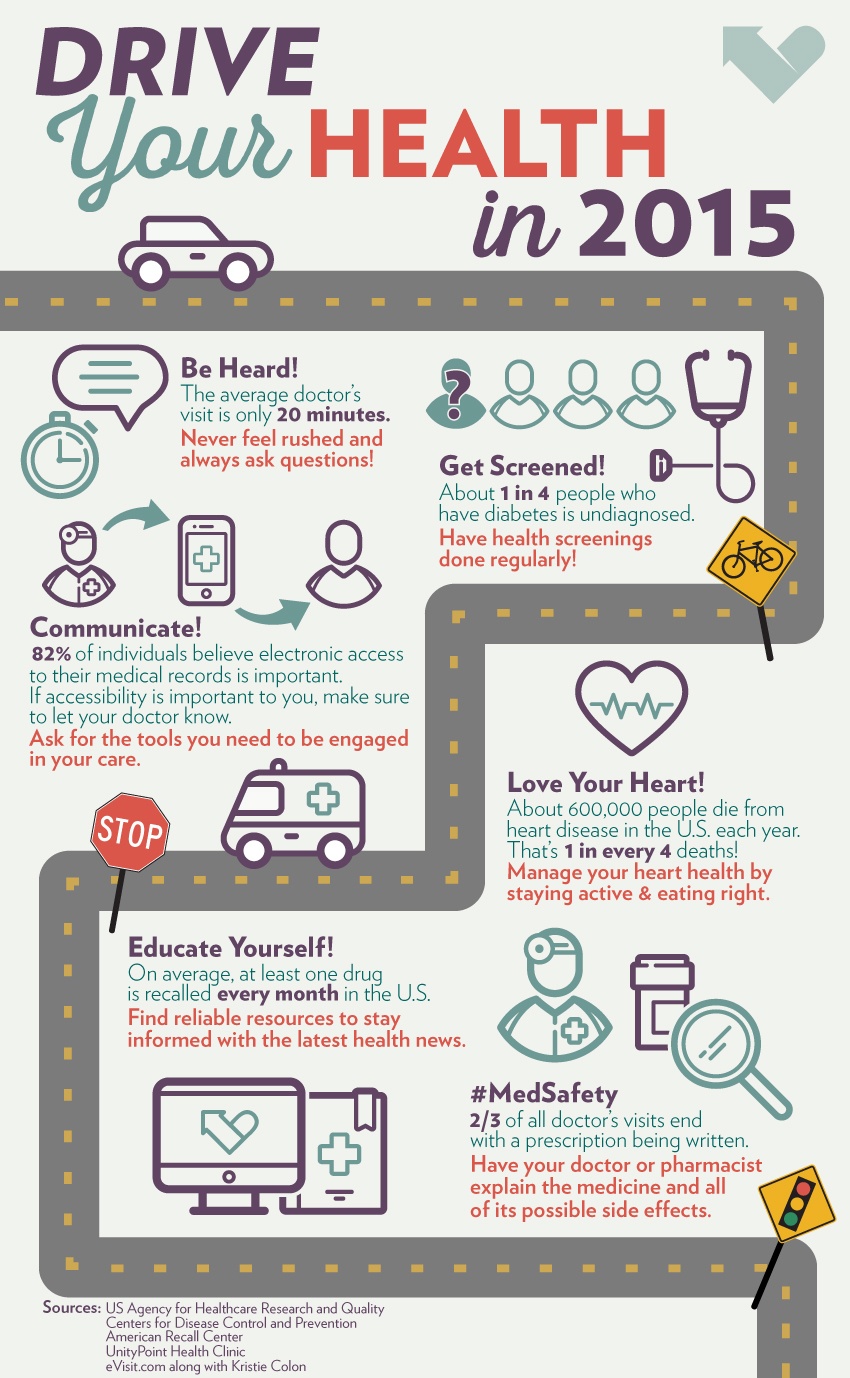As you know, each patient is unique and there's no one-size-fits-all formula for driving engagement. However, figuring out what motivates your patients is a good place to start. We live in a time where patient engagement can be directly linked to morbidity. Getting patients to change their behavior and participate in the management of their own health isn't just important; it can be a matter of life and death. [1]
The New England Journal of Medicine found that, "If the public’s health is to improve [...] that improvement is more likely to come from behavioral change [...] Experience demonstrates that it is in fact possible to change behavior, as illustrated by increased seat-belt use and decreased consumption of products high in saturated fat. The case of tobacco best demonstrates how rapidly positive behavioral change can occur."[2]
Mobiquity put it rather succinctly, "patient engagement is not just 'nice-to-have.' It’s an indicator of someone’s behavior and attitude towards their health." [click to tweet]
So, we clearly know it's important, but how do we practically implement new ideas to help drive better engagement and change patient's behaviors? Start with examining the messaging. Some patients are more motivated by the benefits of engagement while others are motivated by the impending consequences of non-engagement.
Figure out what motivates your patients to follow up. Is it a newsletter outlining healthcare consequences or a postcard explaining wellness benefits? Do patients respond better to instructional videos on your website, or would they rather have access to their physicians via a mobile app? It never hurts to ask your patients what would be most helpful to them. Empower your patients to play an active role in their care, and engagement will naturally improve.
And, in an effort to support you in equipping your patients with the best tools and information, we’ve partnered with the folks at the American Recall Center to create an infographic for you to pass along to your patients in the new year.
Here's to a happy and healthy 2015, while driving better patient engagement in healthcare!
[embedthis image=http://evisit.com/wp-content/uploads/2014/12/ARC_DriveYourHealth_eVisit1.jpg align=center]
An essential part of driving your own health is staying informed with the latest medical updates. So, alongside empowering individuals to take control of their health, the American Recall Center is also shedding light on the newly discovered side effects of the drug, Xarelto. [3]
Resources
1. Mobiquity. The Truth about Driving Patient Engagement with mHealth – Part I. December 2015.
2. Schroeder, S. New England Journal of Medicine. We Can Do Better — Improving the Health of the American People. 2007.
3. American Recall Center. Xarelto Side Effects. http://www.recallcenter.com/xarelto/side-effects/






